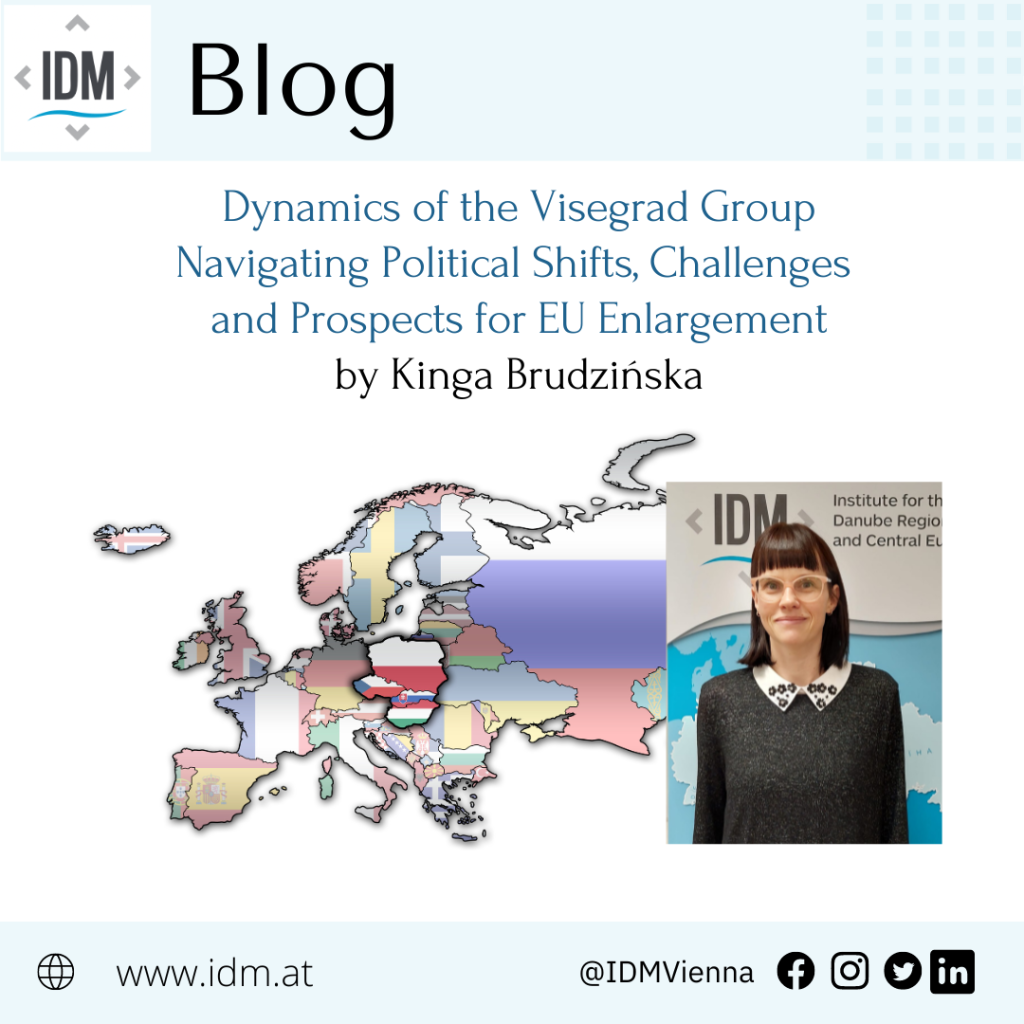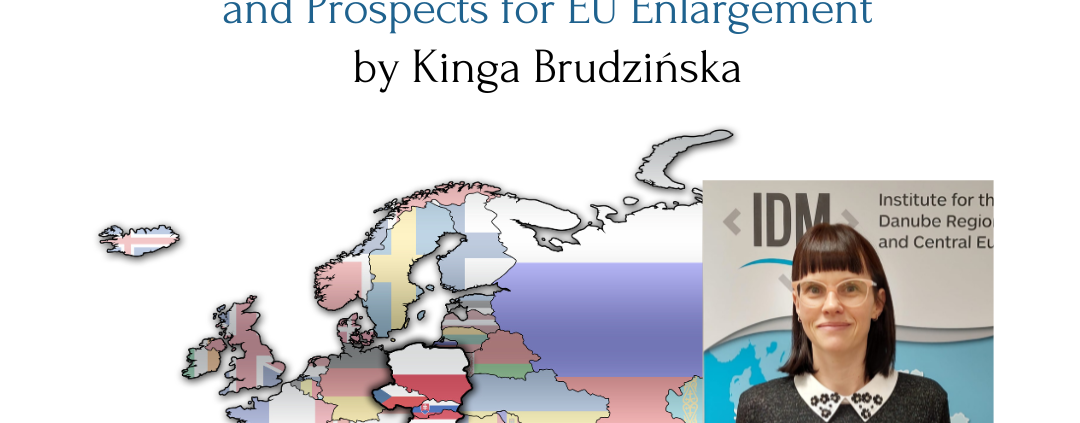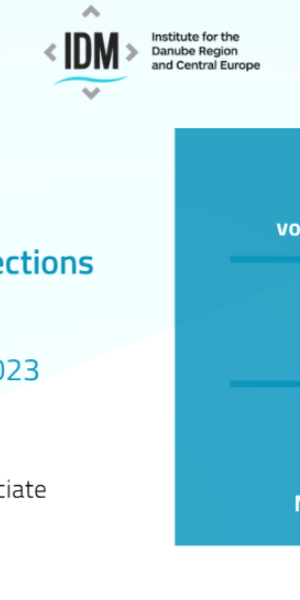Dynamics of the Visegrad Group. Navigating Political Shifts, Challenges and Prospects for EU Enlargement

The political differences in the Visegrad Four (V4) countries that emerged as a result of the elections in Poland (15 October 2023) and Slovakia (30 September 2023) will not significantly impact the dynamics of cooperation among the group. The format remains in crisis due to Hungary’s pro-Russia foreign policy stance and its sceptical approach to the EU’s pro-Ukraine policy direction.
The upcoming European Council meeting on December 14–15, which will see key decisions made on EU enlargement, will once again highlight the lack of unity and cohesion among V4 group members, with Hungary being the outlier. As a result, the V4 will continue to serve as a platform for regional cooperation, but one should not expect a revival of coordinated foreign or European policy as seen in response to the 2015 migration crisis or the “Nutella crisis” in 2017 when the V4 mobilised to fight against the “double standards” of imported food sold in their countries.
What is more, in the long run, the ideological differences are not likely to divide the countries that created the V4, regardless of the political preference of ruling governments. For example, the International Visegrad Fund (IVF), co-managed by V4 countries and supporting regional cooperation projects in the region, or formats such as Think Visegrad—V4 Think Tank Platform, a hub of V4 joint analysis, remain an important aspect of cooperation. On the other hand, there is a threat that due to persisting political differences, the individual V4 countries will seek to engage in alternative formats of regional cooperation. For example, Slovakia and the Czech Republic will most likely invest in the development of the Slavkov Triangle or Central Five Initiative (C5), involving Austria. Poland will focus on rebuilding relations within the Weimar Triangle and will remain active within the Three Seas Initiative (3SI) until the end of President Andrzej Duda’s term in 2025.
What will change and what will not
Poland and the Czech Republic will not allow Hungary, and perhaps Slovakia, to appropriate the V4 as a Eurosceptic or even anti-Western platform. Furthermore, Slovakia will not replace Poland to the same extent as an important partner in activating the V4 format or advocating Slovakia’s own position on the international stage. After its initial declaration, Slovakia will most probably not stick to all its electoral promises related to withholding military aid to Ukraine or pursuing a more assertive European policy. This is because Slovakia does not have a tradition of conducting proactive foreign policy, so it is unlikely Bratislava would use its veto power in Brussels to back Hungary. As the V4’s only eurozone country, Slovakia traditionally advocates for a constructive European policy based on consensus. Robert Fico demonstrated such an approach during his previous term.
Polish-Hungarian relations will not improve, and Hungary will be isolated within the V4 over Russia. Prime Minister Orban deliberately plays the role of a disruptor in the EU and NATO decision-making process, openly challenging the model of liberal democracy and steering the country towards an authoritarian regime. On the other hand, soon-to-be new/old Polish Prime Minister Donald Tusk is known for his critical stance towards Viktor Orban. Bilateral disputes between Slovakia and Hungary (related to Orban’s controversial historical policies) further complicate the situation and isolate Hungary within the V4.
The V4 also faces an image problem in the EU, with a prevailing negative perception of its member countries. Therefore, Poland is not likely to heavily leverage the V4 in the coming years. In recent years, other formats such as the Bucharest Nine (B9), Three Seas Initiative (3SI), Slavkov Triangle, or Central Five Initiative (C5) have gained prominence, with V4 countries actively participating.
Finally, Poland is not necessarily seen by other Visegrad countries as a leader in the region. Poland’s reputation has also been damaged due to the deterioration of the rule of law (Slovakia, under the previous government, became more sceptical of Poland’s actions and pushed V4 activities aside) and the conflict with the Czech Republic over the Turow coal mine.
To sum up, looking back on 2023 and trying to foresee the developments on the international stage in 2024, we can be sure that the V4 will stay on the map of regional groupings in the EU in the years to come and will keep being used as a passive platform for regional cooperation. However, one should not expect a revival of coordinated foreign or European policy among the V4 unless Hungary adjusts its stance on Russia to align with the European mainstream.



